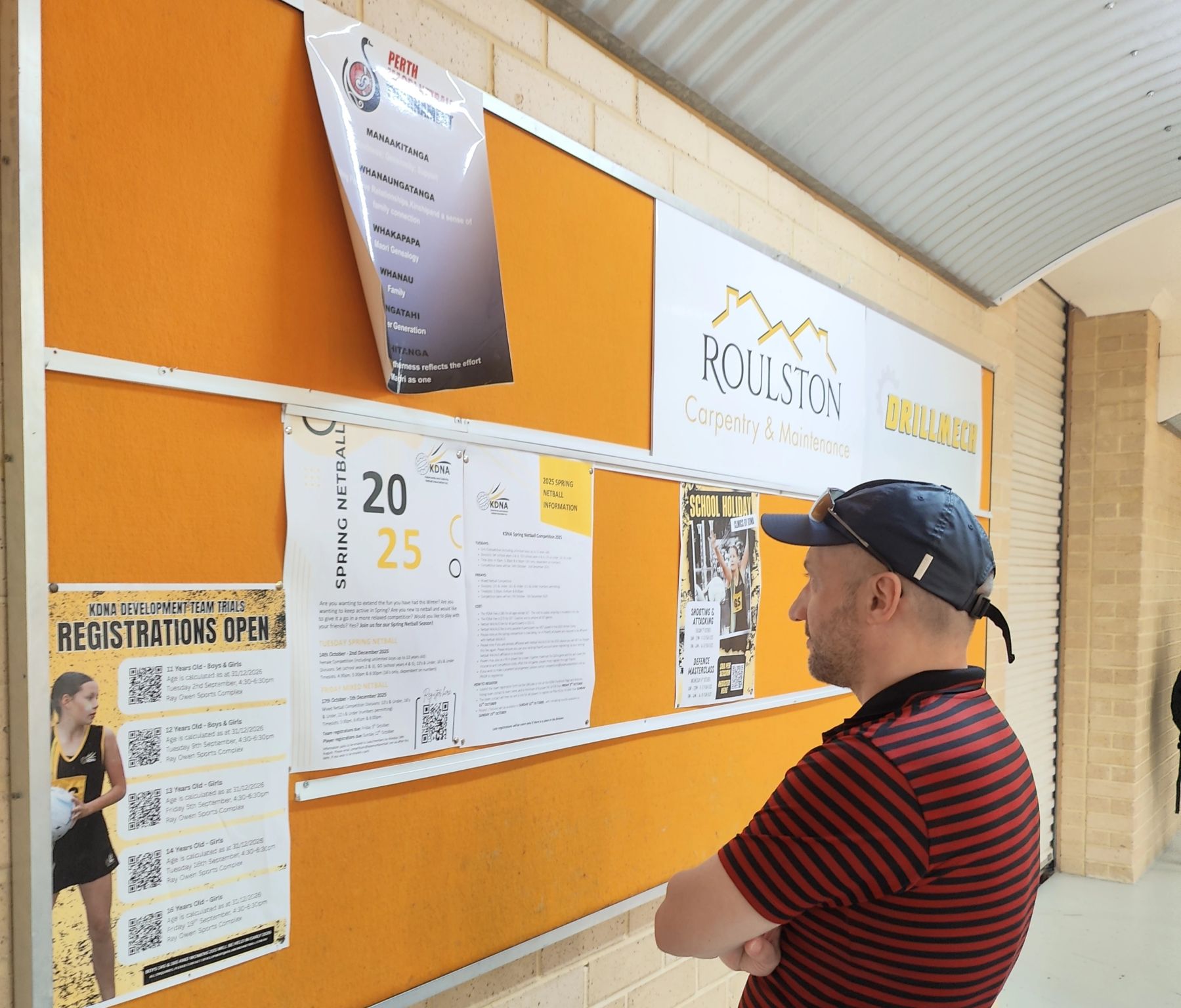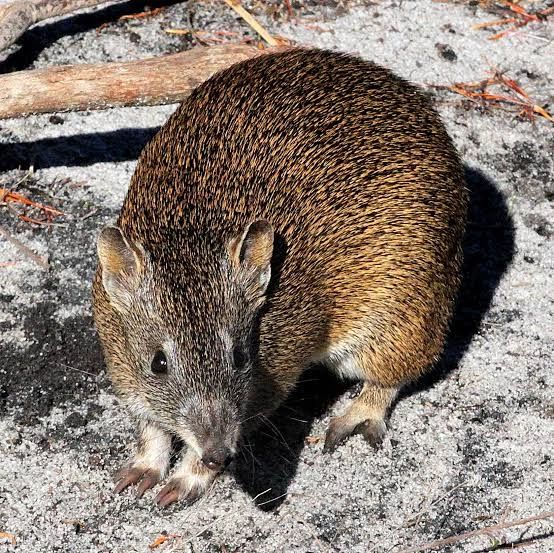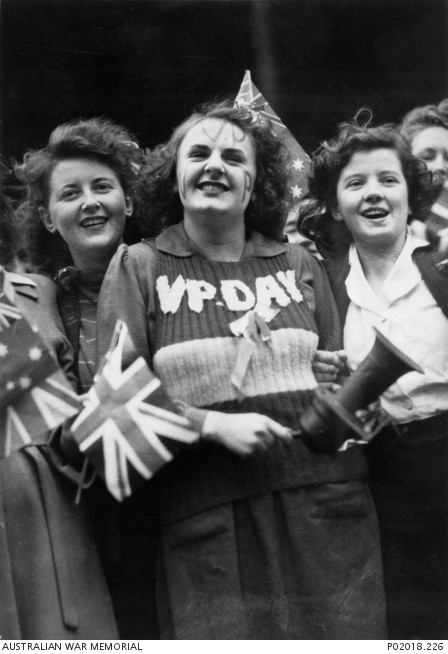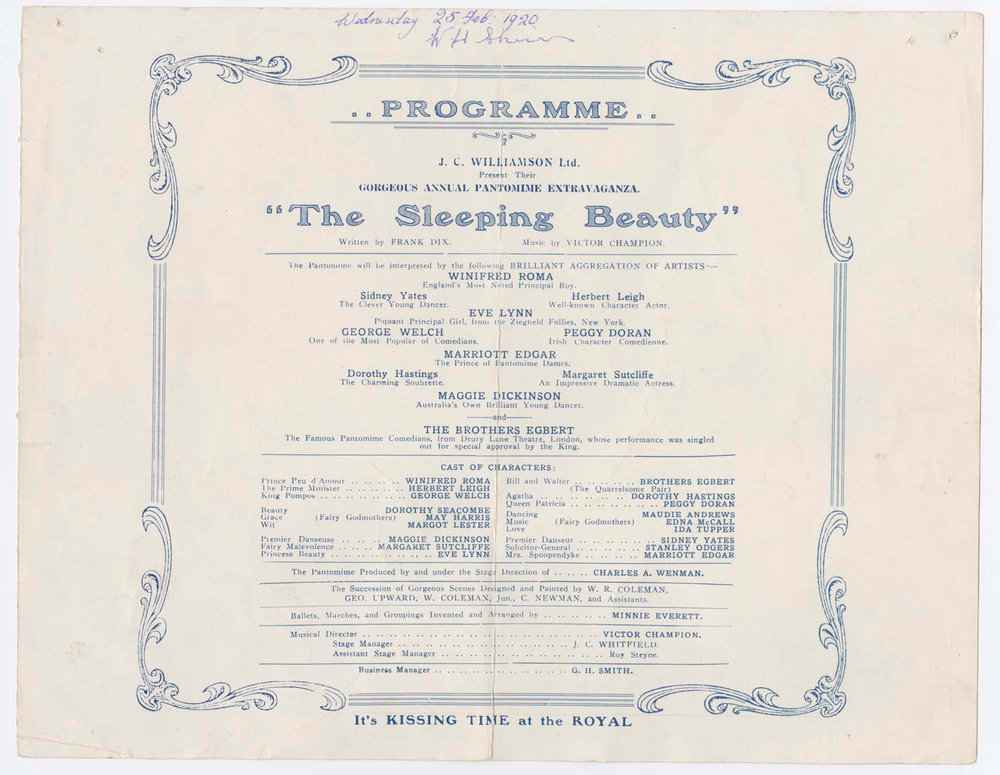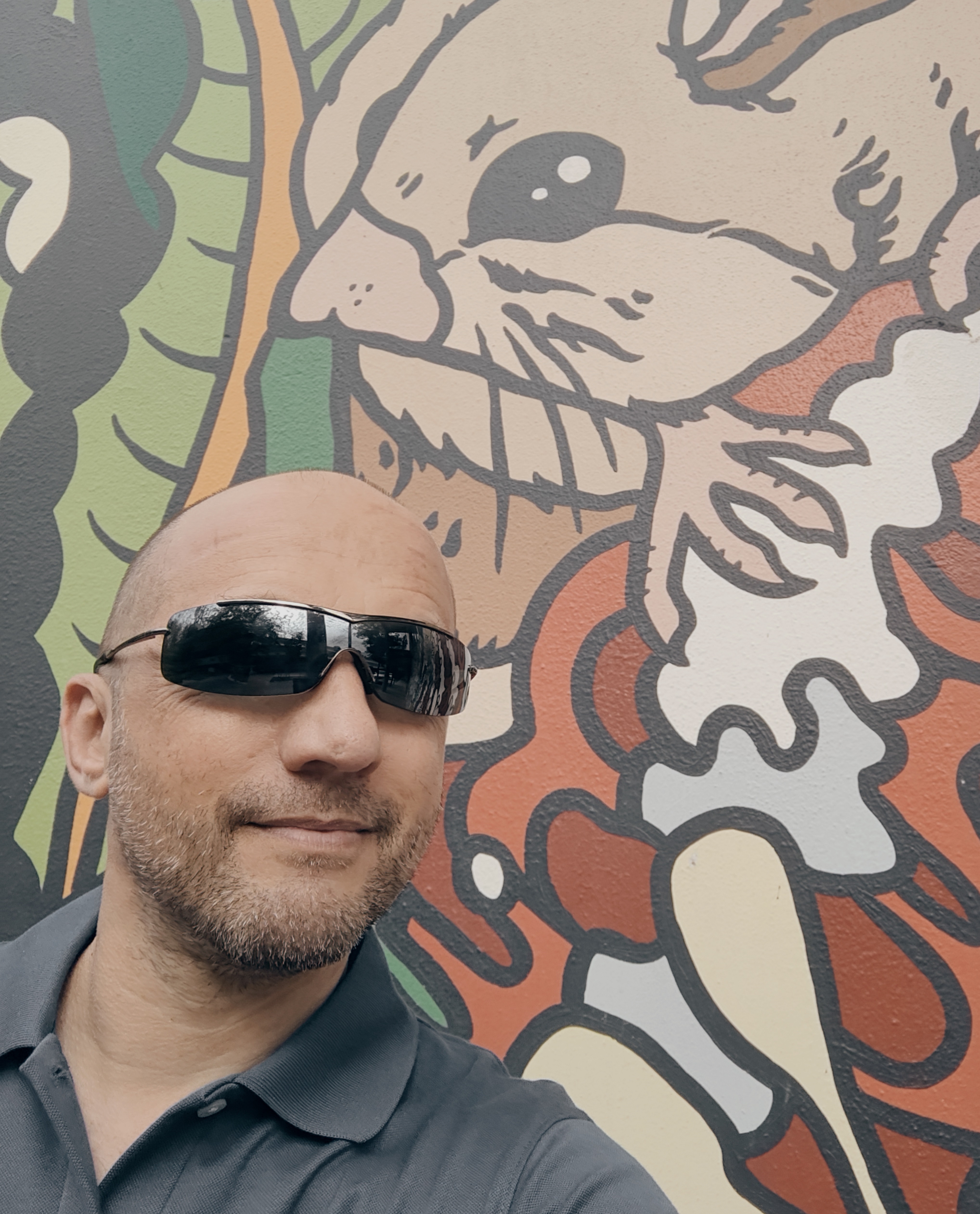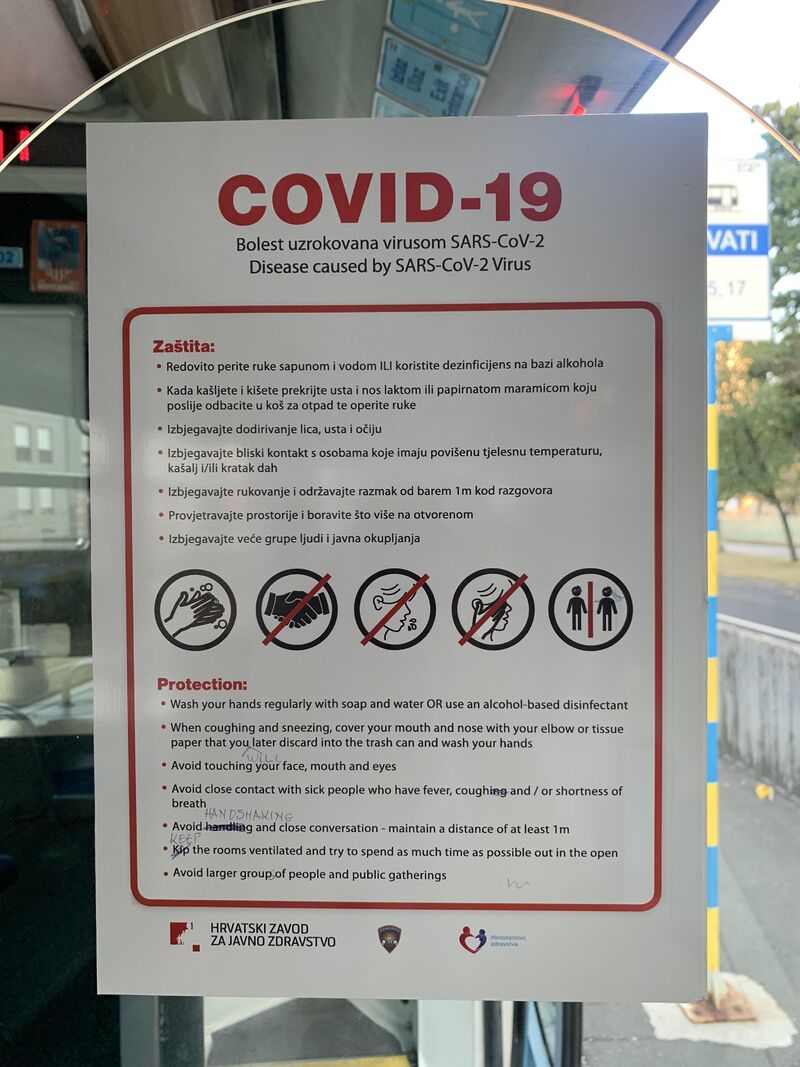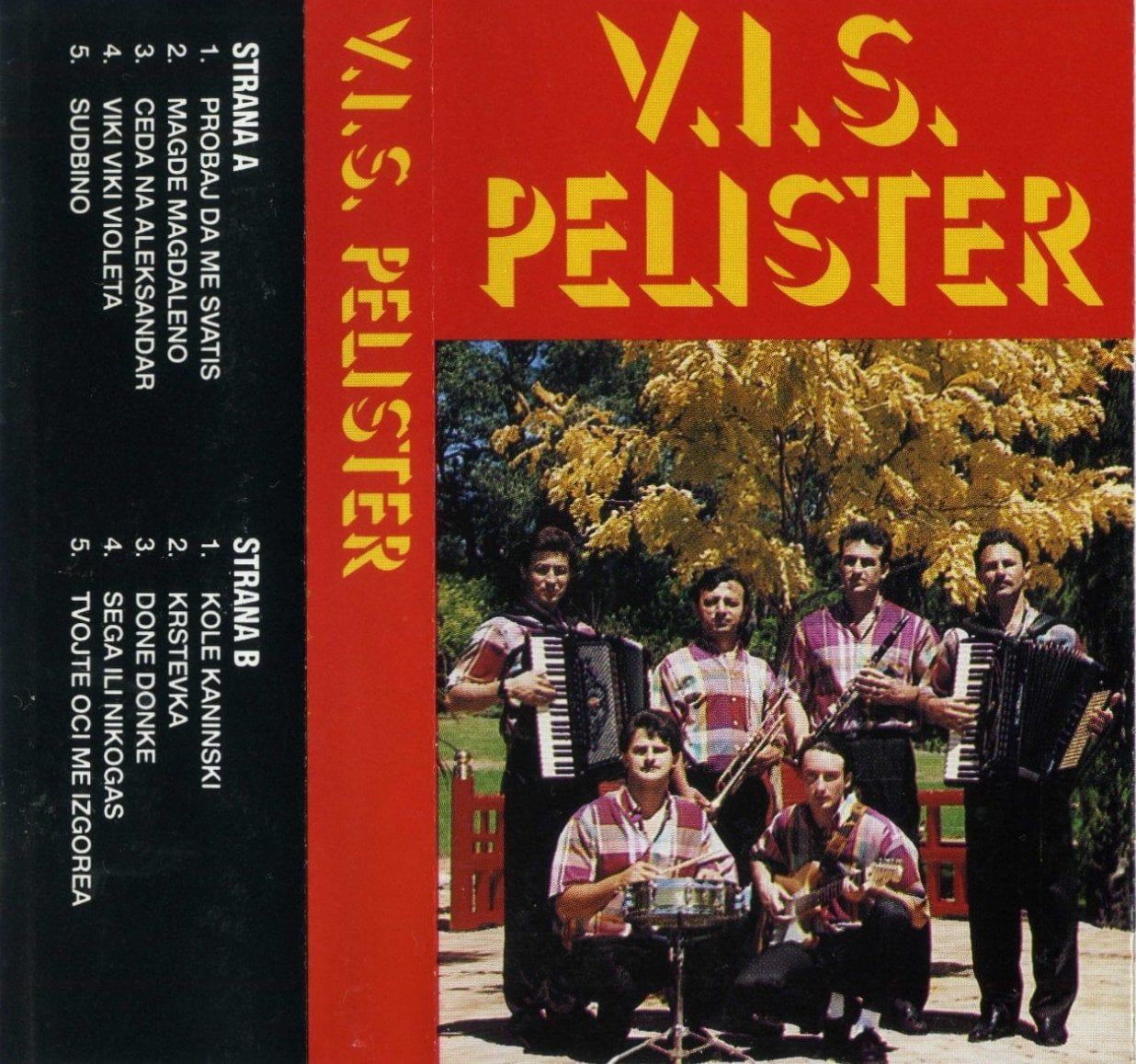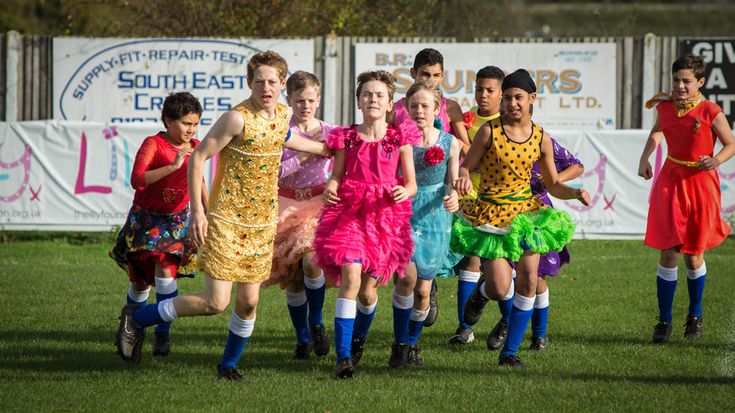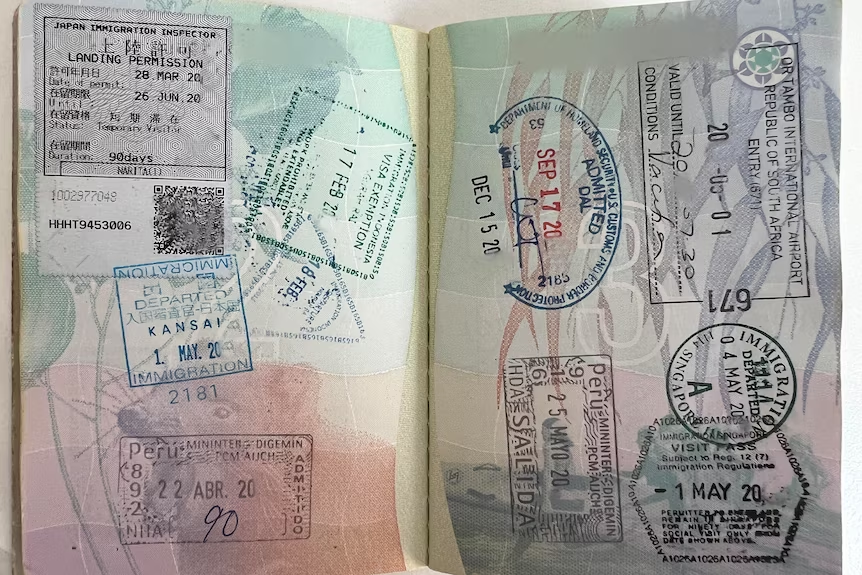I'm back from Australia, this time having gone via Mauritius 🇲🇺 and Kenya 🇰🇪. All three have English as an official language, so great for comparing their forms of English.
Most obvious is that the internationalisation (or should that be internationalization) of standard US English continues apace. We can thank greater AI penetration for that. Australia is not immune to this, so I saw US terms such as "parking lot" (instead of "car park") and spellings such as "well-being" (instead of "wellbeing") in use, with no-one raising an eyebrow.
And what's with all the ampersands in Australia? They were everywhere & anywhere!
Does this all mean that localisers (or localizers) for Australia are (to chuck in a Mauritian reference) going the way of the dodo 🦤 ?
Absolutely not!
Despite appearances, usage of local Australian terms, spellings and conventions still evokes strong emotions. This was evident when a friend alerted me of yet another huge social media war erupting last week in Australia on, of all things, the comments section on Australia's most popular commercial real estate website's Facebook page. And the topic...
"peanut butter" vs "peanut paste" 🍯
Things got ugly very quickly – name-calling, accusations of treason, death threats, calls for a national uprising, the works! The thing is that none of these commenters knew the story behind Australia's peculiar usage of these terms – both are acceptable in Australia, but it's complicated. If you want to know why this is such a hot topic in Australia, then check out the link here.
For some good news, the old Aussie slang term "drongo" is definitely making a welcomed comeback! 🪃
👉 To avoid unwittingly getting your brand, product or service in potential hot water over the usage of a seemingly innocent word or phrase in Australia, best get someone like me to check your text or copy first. Drop me a line at info@nicknasev.com and let's get things started.
Remember, speaking the language of your target audience wins hearts and minds... and sales!


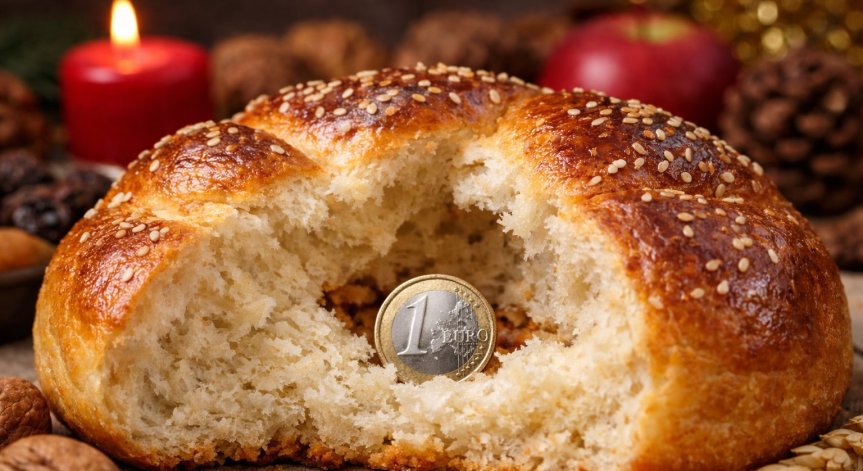


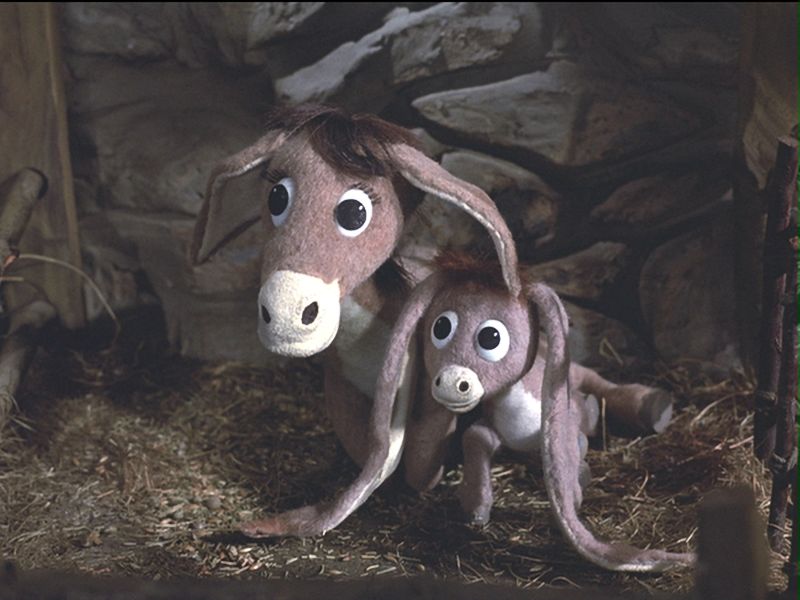
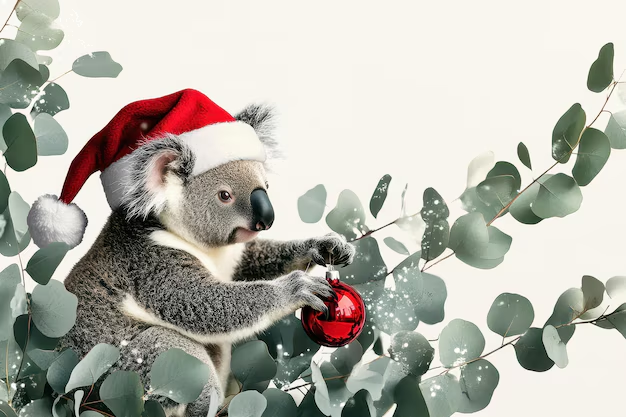




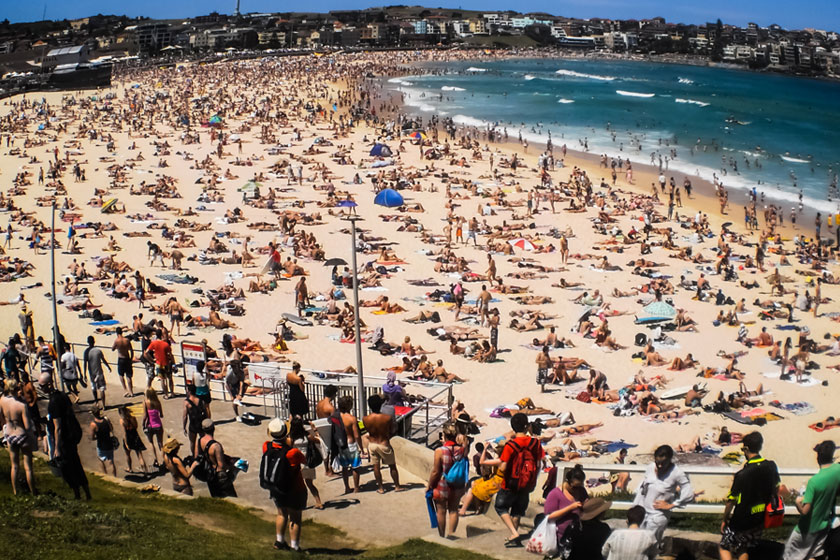
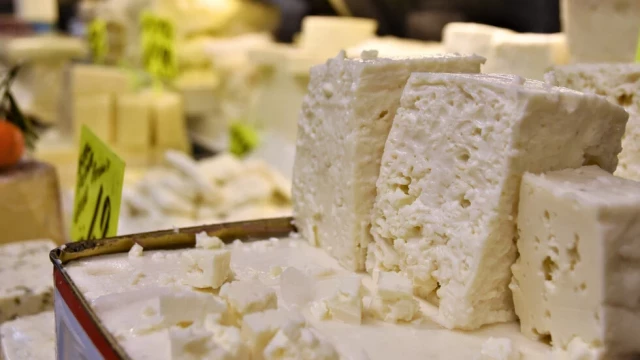

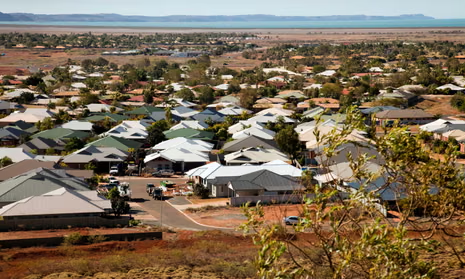


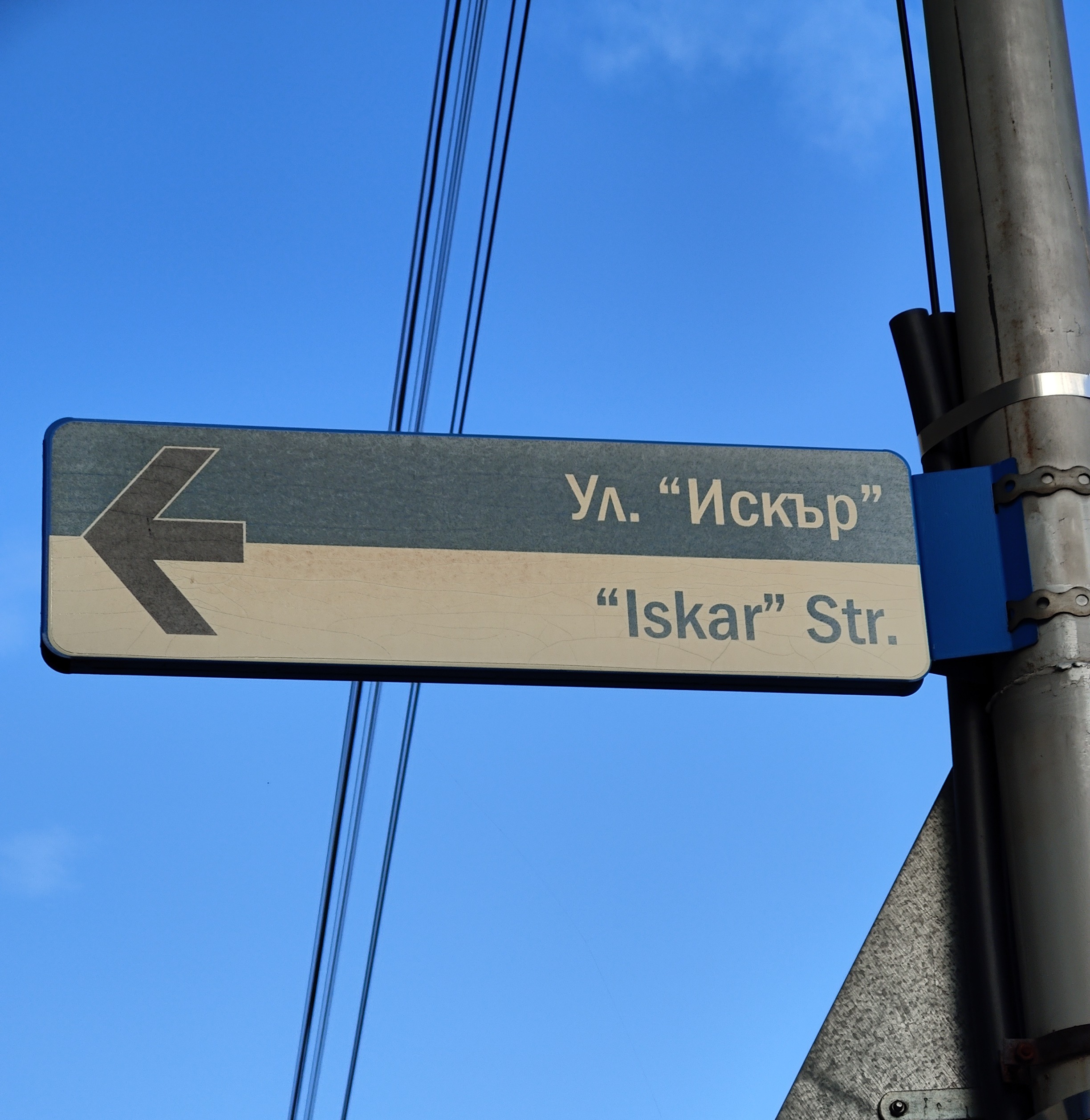

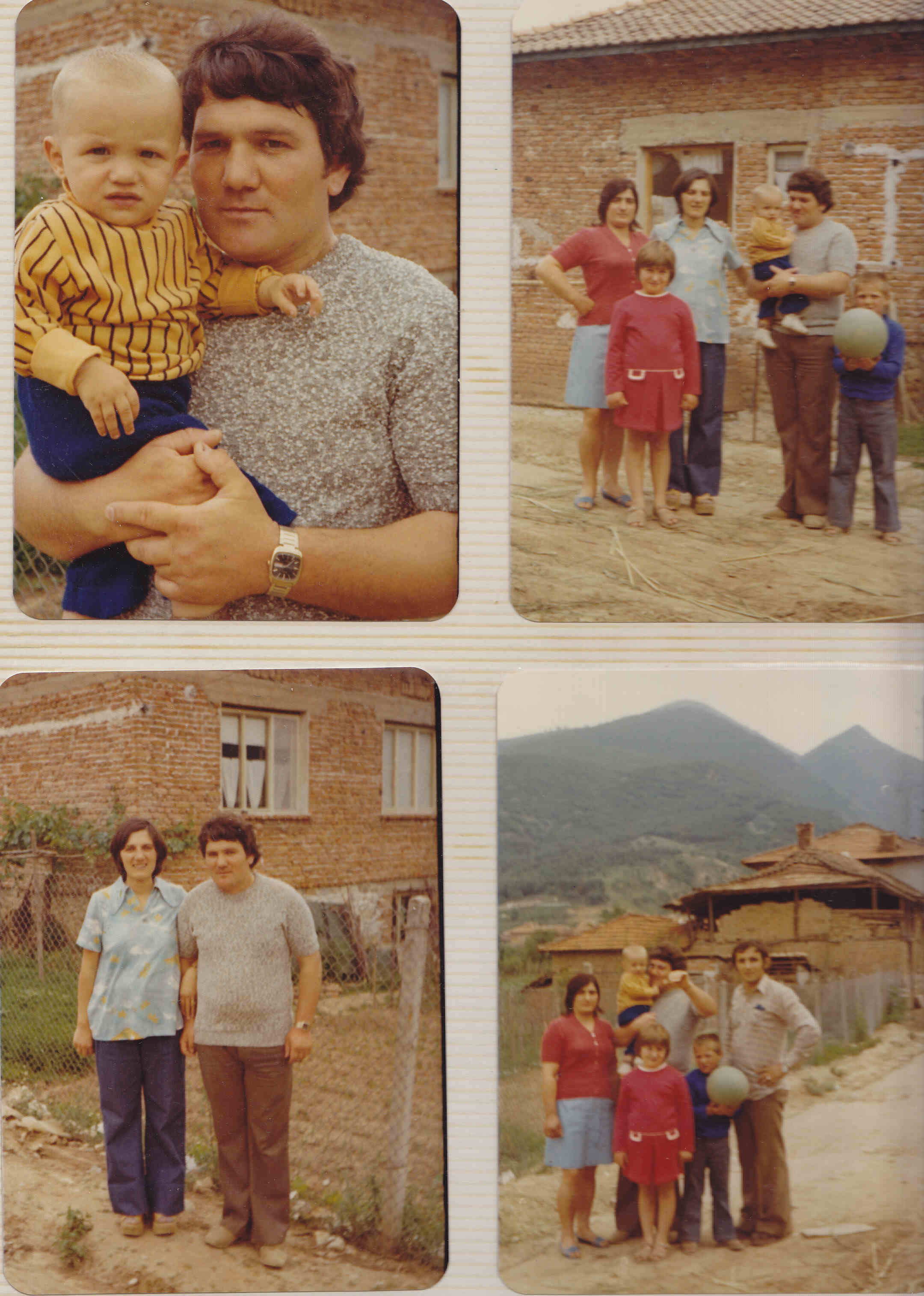


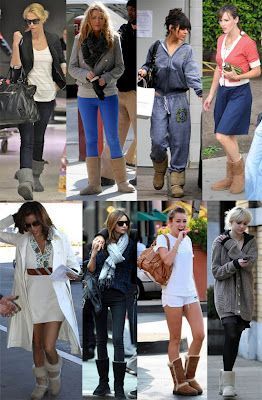





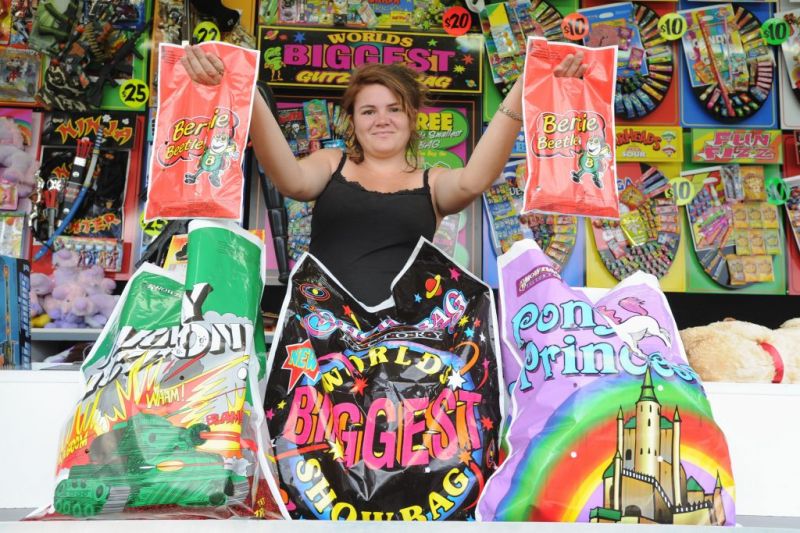
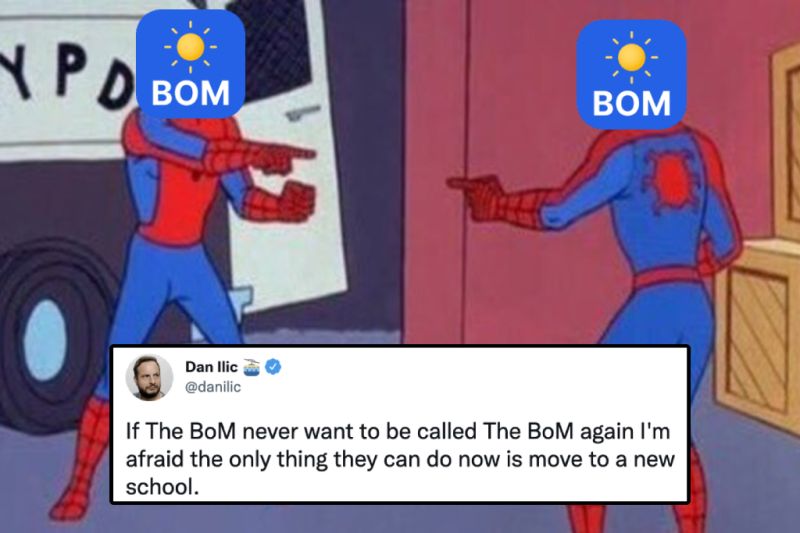
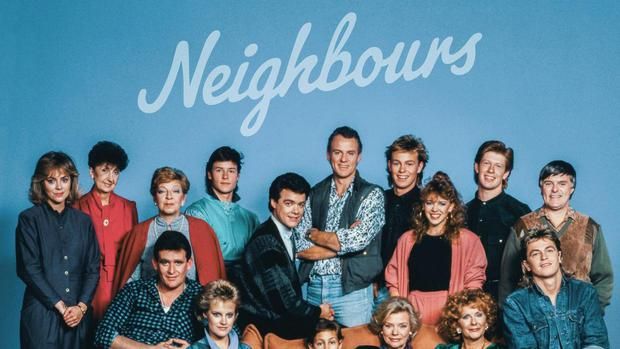




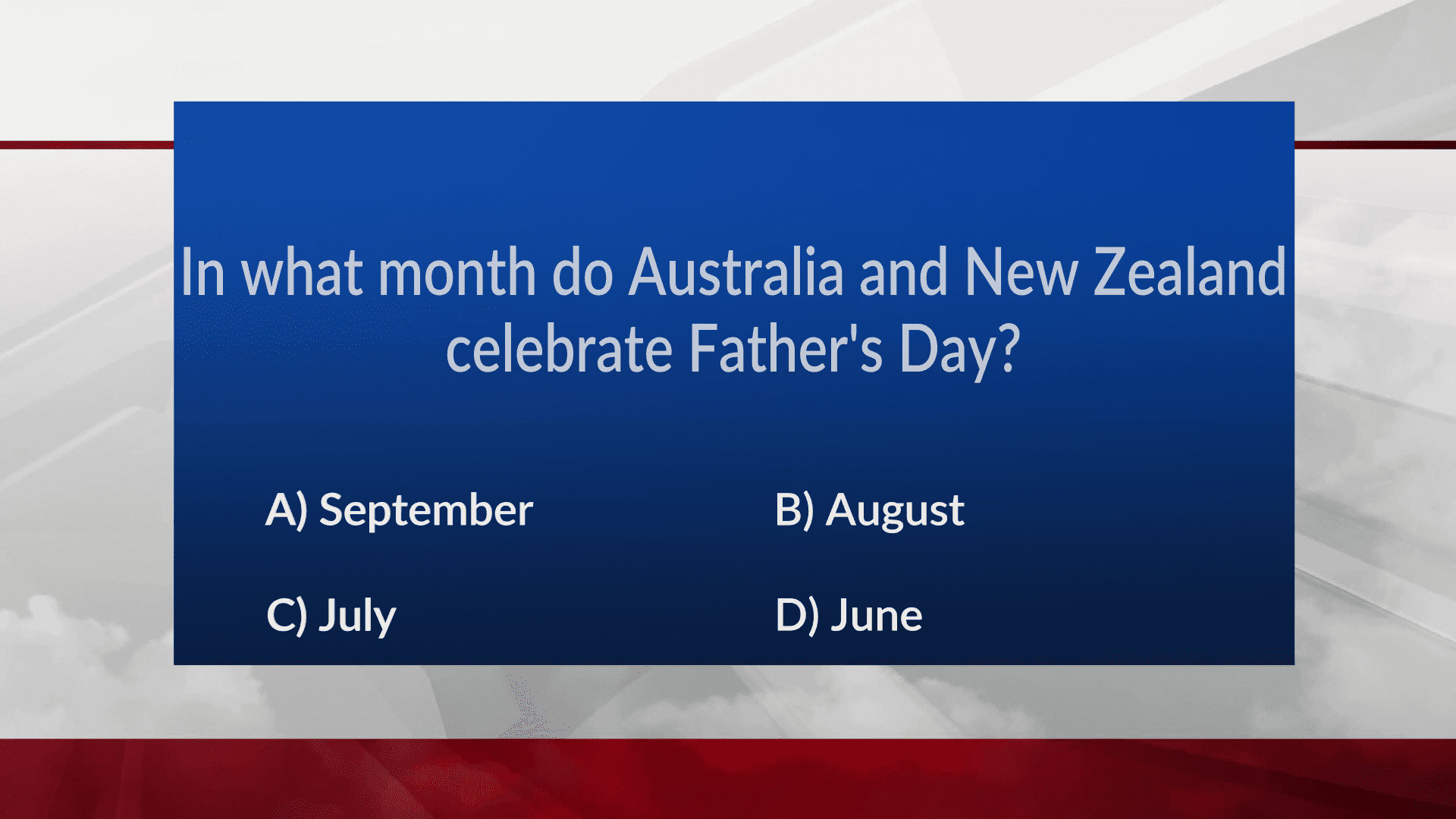






















































.%20A%20day%20of%20campaigning%20%E2%99%80%20%E2%80%A6%20or%20a%20day%20to%20buy%20flowers%20%F0%9F%92%90.jpg)
